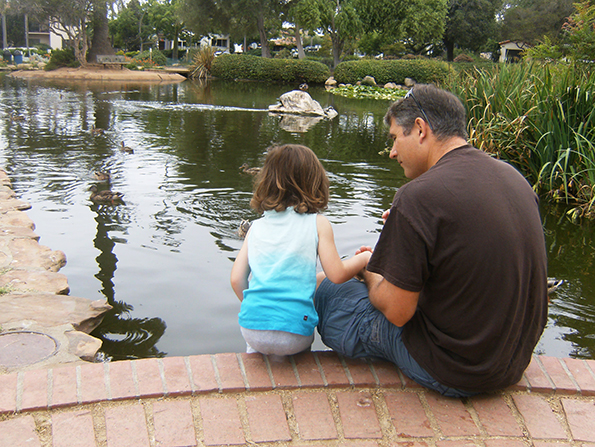It’s been weeks since I posted. I have photos from our vacation earlier this month. (Didn’t know we went on vacation? Quite possibly that’s because I haven’t posted in weeks.) Well, technically Mr. Sandwich has the photos. I haven’t managed to transfer them from his computer to mine.
And there have been things I’ve wanted to blog about, but I can’t remember them. Maybe that’s because Baguette has been going through a growth spurt, which means that none of us has been sleeping.
So I need a writing prompt. Ginger from Ramble Ramble to the rescue!
She’s been providing a pair of writing prompts for several weeks. And usually I look at them and think, “Oh, I could blog about that.” And then I don’t. But this week’s prompts both appeal to me.
Prompt 1: In another life, what career/job would you have, and why?
Prompt 2: Give us your top 10 favorite movies of all time.
Today I’ll do #1, because, well, it’s the first one.
When I was a kid, I had a lot of ideas about what I wanted to be when I grew up:
- archaeologist
- lawyer
- neurosurgeon (mostly I just said that to get people off my back about career plans)
- nurse
- mom
- brick layer
The easy answer is that I’d be a writer, and a successful one (hey, it’s my alternate reality I’m imagining). I’d have taken the path I saw for myself in high school, pursued journalism, written some nonfiction under my own name, and written some fiction under a pseudonym. Or I’d have turned to magazines rather than newspapers, and I’d be a freelance writer with the aforementioned nonfiction and fiction.
But I really didn’t like the person I was when I was a reporter–even a high school reporter–and I have discovered that I don’t really like freelancing. I’m not geared to work for myself; I prefer to work for a company or organization of one sort or another. I like the steady paychecks. I like not having to build a client base or die. I like the health benefits (Seriously, I once had the following internal monologue upon seeing a picture of the mountains in eastern Kazakhstan: I would love to be able to backpack there. I wonder if I could get to that level of backpacking. But I’d wind up with a sinus infection. Where would I get antibiotics? I’m really not Backpacking-in-Kazakhstan Girl.)
So I’d probably be an editor, quite possibly in magazines. Considering how much I have always loved reading them, I’m not sure why I didn’t pursue this as a career path. After I got my master’s degree, I applied for a kazillion jobs (college admissions counselor, CIA analyst) in a bazillion fields (education, government, publishing, historical research) all around the world (rural Virginia, Philadelphia, the United Arab Emirates). I don’t think a single one of those jobs was at a magazine.
In this life, I spent 13 years as an in-house and freelance (see? I even tried it) editor. My current job is not editorial, but I’m still asked to do a lot of editing.
Yes, I know I’m out of control with the parentheses on this post, and my use of italics is erratic at best here, but this is the way my brain is working today. Bear with me.
So I guess in whatever life I’d have, I’d have something akin to this career.
Oh, hey, the mom part turned out to be true, too. Nice.















